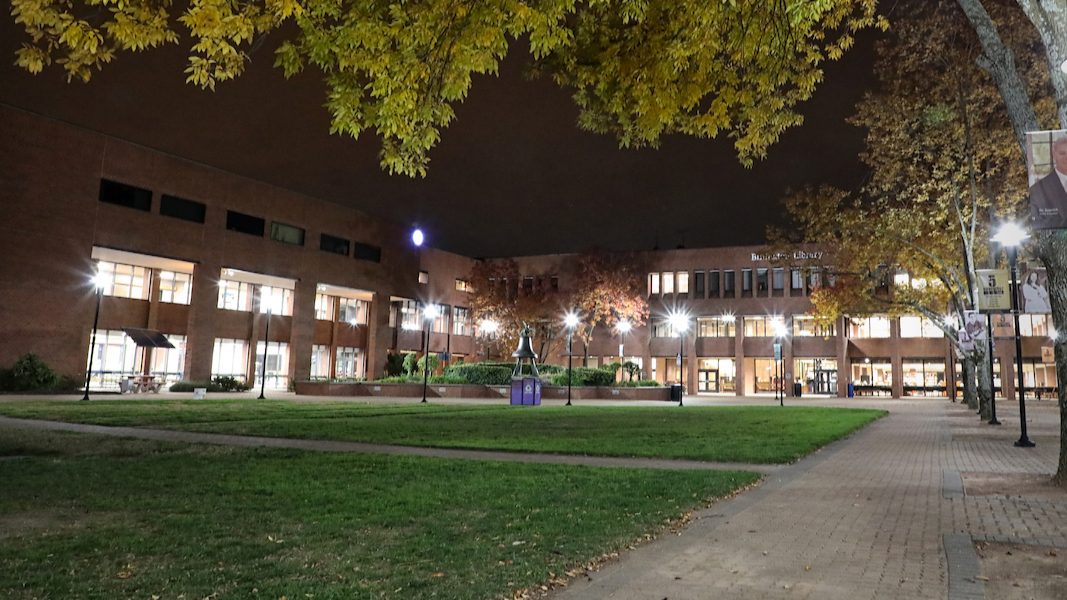Faculty Development Highlights
JCCC Faculty Attend the Peace and Justice Institute Academy for Teachers |
|---|
The Peace and Justice Institute promotes peace and justice for all. Our aim is to nurture an inclusive, caring and respectful environment on campus and within our community – one where conflict leads to growth and transformation, rather than violence or aggression.
The PJI Academy for Teachers is a weeklong training covering topics on diversity and multiculturalism, respect and community building, mindfulness, peaceful communication skills, Adverse Childhood Experiences (ACEs), culturally responsive teaching, systems of privilege and oppression, conflict transformation, hidden bias, emotional intelligence, and so much more.
JCCC Faculty included Andra Vieux from Political Science, Bob Carney from Information Technology, and Jessica Garcia from the Counseling Center. They are all in agreement that the training will impact your teaching in a positive way. One of the most simple and easy to implement concepts learned from the training was the The Principles for How We Treat Each Other. Read them before you teach or share them with your class, and watch how the atmosphere changes for the better. Download a copy from the PJI website or read them below.
PRINCIPLES FOR HOW WE TREAT EACH OTHER
Our Practice of Respect and Community Building
- Create a hospitable and accountable community. We all arrive in isolation and need the generosity
of friendly welcomes. Bring all of yourself to the work in this community. Welcome others to this
place and this work, and presume that you are welcomed as well. Hospitality is the essence of
restoring community. - Listen deeply. Listen intently to what is said; listen to the feelings beneath the words. Strive to
achieve a balance between listening and reflecting, speaking and acting. - Create an advice free zone. Replace advice with curiosity as we work together for peace and justice.
Each of us is here to discover our own truths. We are not here to set someone else straight, to “fix”
what we perceive as broken in another member of the group. - Practice asking honest and open questions. A great question is ambiguous, personal and provokes
anxiety. - Give space for unpopular answers. Answer questions honestly even if the answer seems unpopular.
Be present to listen not debate, correct or interpret. - Respect silence. Silence is a rare gift in our busy world. After someone has spoken, take time to
reflect without immediately filling the space with words. This applies to the speaker, as well – be
comfortable leaving your words to resound in the silence, without refining or elaborating on what you
have said. - Suspend judgment. Set aside your judgments. By creating a space between judgments and
reactions, we can listen to the other, and to ourselves, more fully. - Identify assumptions. Our assumptions are usually invisible to us, yet they undergird our worldview.
By identifying our assumptions, we can then set them aside and open our viewpoints to greater
possibilities. - Speak your truth. You are invited to say what is in your heart, trusting that your voice will be heard
and your contribution respected. Own your truth by remembering to speak only for yourself. Using
the first person “I” rather than “you” or “everyone” clearly communicates the personal nature of your
expression. - When things get difficult, turn to wonder. If you find yourself disagreeing with another, becoming
judgmental, or shutting down in defense, try turning to wonder: “I wonder what brought her to this
place?” “I wonder what my reaction teaches me?” “I wonder what he’s feeling right now?” - Practice slowing down. Simply the speed of modern life can cause violent damage to the soul. By
intentionally practicing slowing down we strengthen our ability to extend non-violence to others—and
to ourselves. - All voices have value. Hold these moments when a person speaks as precious because these are the
moments when a person is willing to stand for something, trust the group and offer something he or
she sees as valuable. - Maintain confidentiality. Create a safe space by respecting the confidential nature and content of
discussions held in the group. Allow what is said in the group to remain there.
Prepared by the Peace and Justice Institute with considerable help from the works of Peter Block, Parker Palmer, the Dialogue Group and the
Center for Renewal and Wholeness in Higher Education

